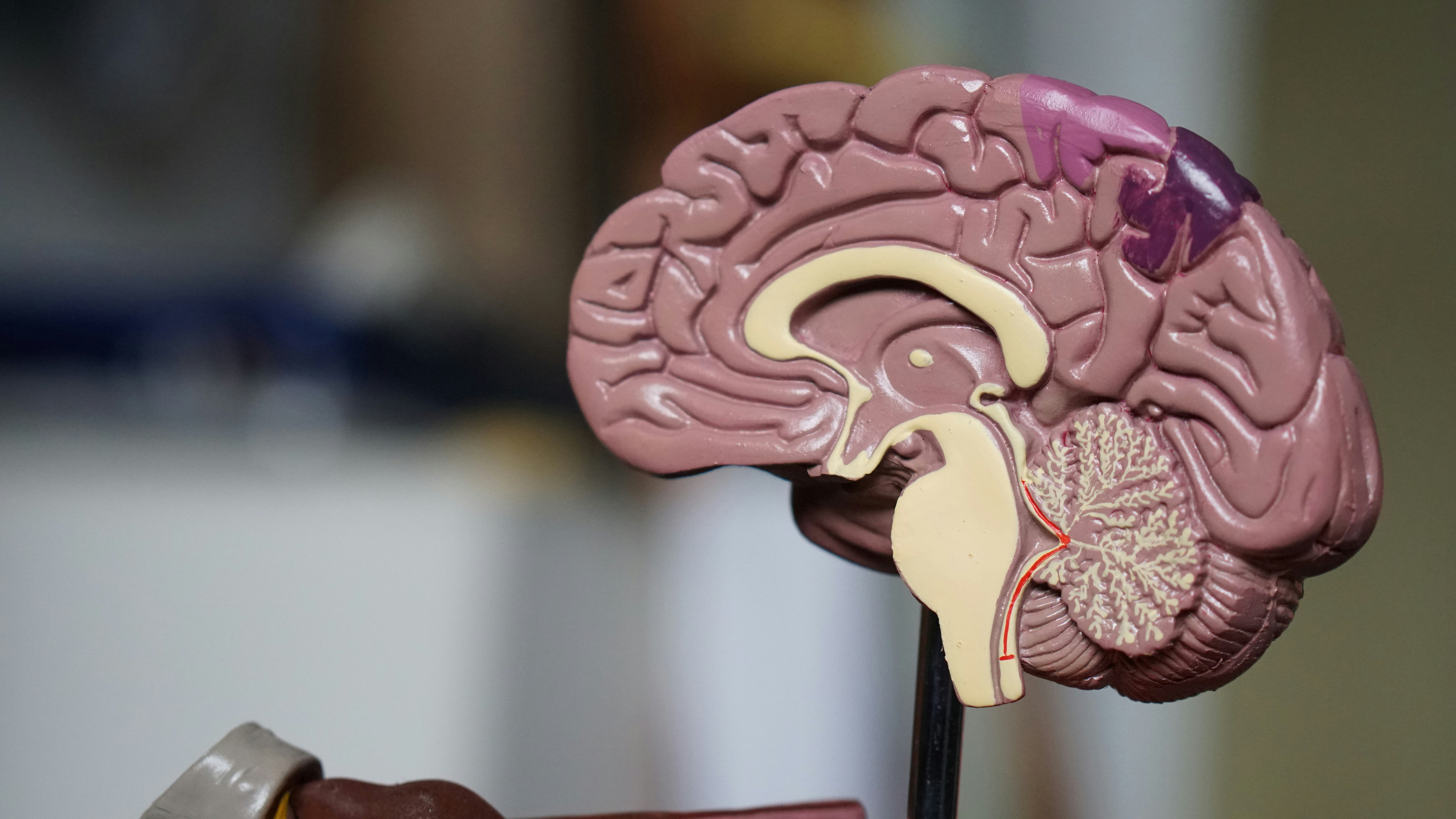Pathways Into Clinical Psychology PhD Programs
Clinical Psychology PhD programs provides pathways for those aiming to make a difference. These programs may provide tuition coverage, stipends, and assistantships, helping students focus on their studies and research while receiving financial support.

What is a Clinical Psychology PhD Program?
A Clinical Psychology PhD program is a doctoral-level course of study that combines advanced coursework, research, and clinical training. These programs typically take 5-7 years to complete and are designed to produce well-rounded psychologists capable of conducting research, providing therapy, and contributing to the broader understanding of mental health. Students engage in a variety of activities, including attending lectures, conducting experiments, writing dissertations, and gaining hands-on experience through supervised clinical practicums.
What Are the Prerequisites for Applying to Clinical Psychology PhD Programs?
Applicants to clinical psychology PhD programs generally need a bachelor’s degree in psychology or a related field. Most programs require a minimum GPA of 3.0, though competitive programs may have higher standards. Additional prerequisites often include:
- GRE scores (though some programs are now waiving this requirement)
- Research experience
- Letters of recommendation from academic or professional references
- A personal statement outlining research interests and career goals
- Relevant coursework in statistics, research methods, and various psychology subfields
Some programs may also require or prefer candidates with a master’s degree in psychology or a related discipline.
What To Expect From Clinical Psychology PhD Programs
Clinical psychology PhD programs are intensive and multifaceted. Students can expect:
- Rigorous coursework covering topics such as psychopathology, research methods, and evidence-based treatments
- Extensive research training, including designing and conducting studies
- Clinical practicum experiences in various settings (e.g., hospitals, clinics, schools)
- Completion of a doctoral dissertation
- Preparation for licensure as a clinical psychologist
- Opportunities for specialization in areas like child psychology, neuropsychology, or health psychology
Programs typically follow a scientist-practitioner model, emphasizing both research skills and clinical competence. This approach ensures graduates are well-equipped to contribute to the field through both scholarly work and direct patient care.
How To Choose the Right Program For You
Selecting the right clinical psychology PhD program is crucial for your academic and professional success. Consider the following factors:
- Research focus: Look for programs with faculty whose research interests align with yours.
- Clinical training opportunities: Evaluate the variety and quality of practicum placements offered.
- Funding: Many programs offer tuition waivers and stipends, which can significantly impact your financial situation.
- Program culture: Consider the size of the cohort, mentorship opportunities, and overall atmosphere.
- Location: Think about where you’d like to live and work, as many students find employment in the area where they complete their PhD.
- Accreditation: Ensure the program is accredited by the American Psychological Association (APA) to facilitate future licensure.
It’s also beneficial to reach out to current students or recent graduates to gain insights into the program’s strengths and challenges.
What Are the Career Paths After Earning Your Clinical Psychology PhD?
A PhD in Clinical Psychology opens doors to diverse career opportunities. Graduates can pursue paths such as:
- Clinical practice in private or group settings
- Academic positions, including research and teaching at universities
- Roles in hospitals or medical centers
- Consulting for businesses or organizations
- Forensic psychology in legal or correctional settings
- Neuropsychology, assessing and treating brain-related disorders
- Public policy and advocacy work
- Leadership positions in mental health organizations or government agencies
The versatility of a clinical psychology PhD allows graduates to tailor their careers to their interests and strengths, whether that involves direct patient care, cutting-edge research, or a combination of both.
What Are the Financial Considerations for Clinical Psychology PhD Programs?
When considering a Clinical Psychology PhD program, it’s important to understand the financial landscape. Many programs offer funding packages that can significantly offset the cost of education:
- Tuition waivers: Many programs cover full or partial tuition costs.
- Stipends: Students often receive a yearly stipend for living expenses.
- Assistantships: Teaching or research positions that provide additional financial support.
- Fellowships: Competitive awards that can provide additional funding.
Here’s a comparison of funding packages at some top clinical psychology PhD programs:
| University | Tuition Coverage | Annual Stipend | Additional Support |
|---|---|---|---|
| Stanford University | Full | $42,000 | Health insurance |
| University of Michigan | Full | $33,000 | Health insurance, travel funds |
| UCLA | Full | $31,000 | Health insurance |
| University of Wisconsin-Madison | Full | $28,000 | Health insurance |
| University of North Carolina at Chapel Hill | Full | $26,000 | Health insurance |
Prices, rates, or cost estimates mentioned in this article are based on the latest available information but may change over time. Independent research is advised before making financial decisions.
Clinical Psychology PhD programs provide pathways for those aiming to make a significant impact in mental health research and practice. By offering comprehensive training, financial support, and diverse career opportunities, these programs equip students with the tools to become leaders in the field. As you consider this educational journey, carefully weigh your personal and professional goals against the offerings of various programs to find the best fit for your aspirations in clinical psychology.
The shared information of this article is up-to-date as of the publishing date. For more up-to-date information, please conduct your own research.




